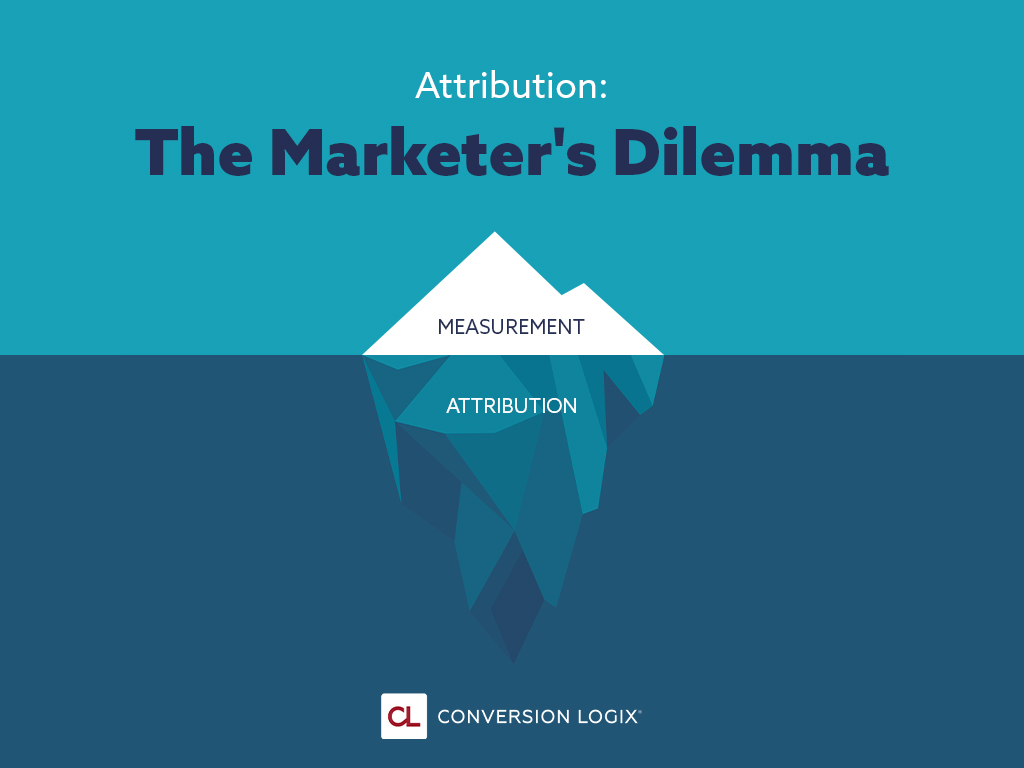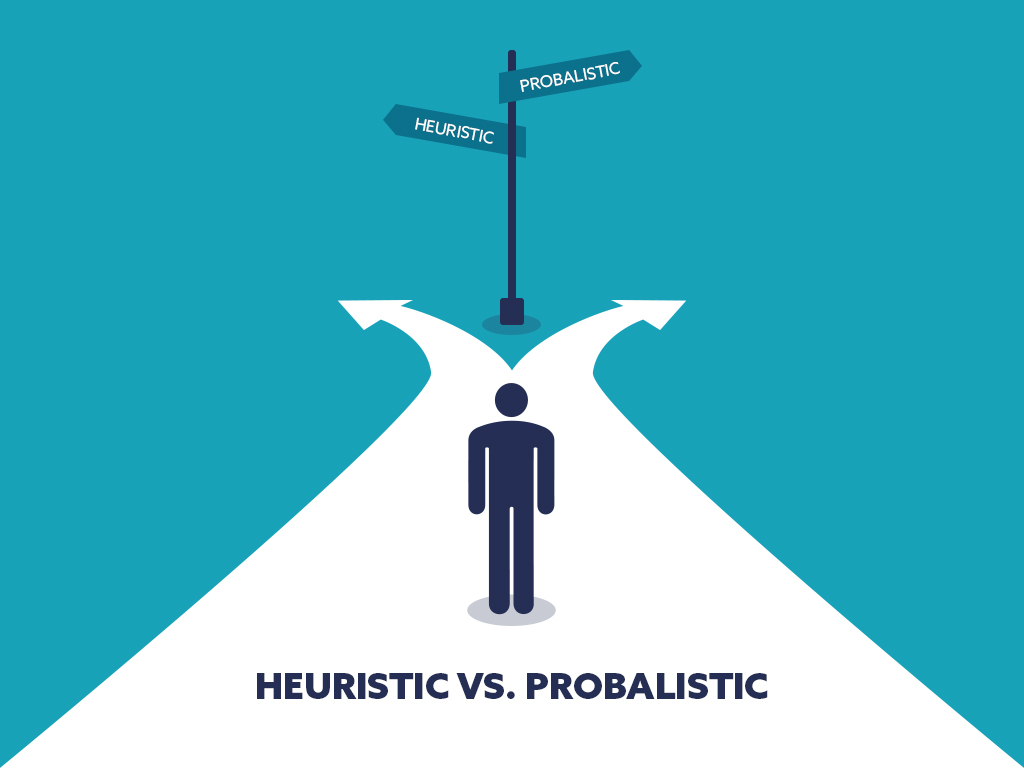Attribution: The Marketer’s Dilemma
- 20 August 2024

AI is everywhere, promising to make marketers’ lives easier with tools to create and scale marketing activities. However, despite advances in AI, marketers’ lives are becoming more complex, and the industry’s biggest challenges remain unsolved.
“As a marketing partner for property management companies in the multifamily, senior living, and student housing industries, we talk to marketing leaders at the nation’s top property management companies on a daily basis. In these conversations, marketing leaders are telling us one of their biggest pain points right now is attribution and reporting,” says Andrew Cederlind, President of Conversion Logix.
With new technology adoption and diverse marketing strategies in play, centralizing marketing performance and accurately identifying the strategies that are most correlated with leasing activity are becoming increasingly important and challenging.
Providing transparent and accurate marketing attribution has been and remains a key focus for Conversion Logix. In the past year, we acquired Bend AI, a leading AI company specializing in predictive analytics. Through this partnership, we’ve expanded our development and analytics capabilities with the goal of creating a Predictive Leasing solution that can solve the biggest attribution challenges facing the industry.
In this article, Bend AI co-founder and Conversion Logix’s Chief Analytics Officer, Martin Stein, shares his insights into the state of AI in the industry and his vision for the future of marketing attribution at Conversion Logix.
State of AI in Multifamily and Senior Living Marketing
As an AI developer and marketing analytics leader in the housing industry, Martin has had a front-row seat in data science and AI innovation and adoption in the industry for the last decade.
From the mid-2010s, he witnessed AI solutions pop up in the industry in the form of unit pricing optimization, lead scoring, and call scoring. Martin and his team created machine learning based call scoring as an industry first in multifamily. Since the mid-2010s, our team at Conversion Logix was one of the first in the industry to begin leveraging AI through Responsive Ads, Smart Bidding, and Performance Max campaigns through the Google Ads platform. Since then, we’ve seen the emergence of conversational AI and, by the 2020s, the mainstream use of generative AI. Today, we use generative AI combined with expert human teams in chat solutions, content creation, and ad creation, among other use cases, to drive and scale our work.
As exciting as these developments have been, up until now, most solutions that have become mainstream in the industry have been “point solutions,” mostly solving one problem. While valuable, these tools are limited in their ability to help marketers juggle all the parts and pieces of a comprehensive marketing strategy.
As Martin explains, “Where AI has the greatest potential to make a difference to the bottom line is helping marketers make more informed decisions in big-picture areas such as marketing strategy, holistic measurement, and multichannel campaign optimization. Up until now, AI has helped marketers become more efficient. Going forward, we expect the next generation of AI solutions to focus on making marketers smarter.”
The Modern Marketer’s Greatest Challenges
The most pivotal aspect of the modern marketing leader’s job is decision-making. Deciding where to invest, what strategies to try, what providers to partner with, and what technology to implement. Marketers are expected to make these decisions with confidence and the data to back up their reasoning, but the systems and methods they have available to them to make these decisions are far more lacking than the industry realizes.
Unlike the eCommerce industry or product categories with short buying cycles, multifamily and senior living are high-stake purchases that often involve multiple touchpoints and long buying cycles. This creates a unique set of measurement challenges that most out-of-the-box marketing tools aren’t equipped to handle.
Here are two examples:
- A popular example is the way session information is processed and reported in Google Analytics. The standard definition for a user session in Google Analytics is designed to attribute one campaign source per session and times out after a user closes the page or remains inactive on the site for 30 minutes. This type of attribution reflects a fragmented snapshot of a multitouch prospect journey, often misattributing conversions to one or two marketing channels at the bottom of the funnel.
- Another issue with the way most systems attribute marketing activities is the click-based nature of attribution. Few platforms with multichannel attribution take into account impressions in the attribution process, attributing only clicks and missing the impact of brand awareness activities.
The challenges go beyond tooling and system configuration. One of the biggest challenges multifamily and senior living marketers face is the time it takes to compile and analyze data from disparate sources. “It can take days for property marketing teams to collect the data they need and get it in the right spot to review move-in reports where they can assess marketing spend, conversion rates, walk-ins, and tours,” says Chief Analytics Officer Martin Stein, “Marketing decisions shouldn’t have to wait until the end of the month. Marketing needs to be more agile.” In addition to the decentralized nature of most reporting processes, marketers are also missing key information when making campaign decisions.
“It would be great if we could know, for example, if increasing ILS spend at a property by $500/month solely contributed to reaching 96% occupancy”, says Stein, but most marketers are still lacking insights into the relationships between various marketing metrics and actual outcomes. “Marketers often know the metrics—they know their impressions and clicks. They know these are interrelated with move-ins, walk-ins, leads, and tours, but they don’t know the nature of the relationship,” Stein explains. Campaigns are reviewed on a channel-by-channel basis or by looking at the end result, with a limited line of sight into how marketing strategies work together to build interest throughout a long customer journey. This gap forces marketers to rely on opinions and beliefs about customer paths rather than data-driven insights to guide their strategies.
The Marketer’s Dilemma
Today’s current state of attribution brings us to a critical crossroads for marketers: the choice between relying on heuristics or seeking out a more advanced probabilistic approach. As Stein puts it, “There are two approaches to decision-making: the heuristic approach, rooted in anecdotes and beliefs we’ve developed to determine where to put our investments, and the probabilistic approach, which leverages statistical modeling to uncover patterns and relationships in historical data.”

Unlike today’s heuristic approach, which relies on campaign metrics and first—and last-touch attribution, a probabilistic approach looks at customer journey paths to determine the likelihood that a prospect will engage with a channel throughout their journey. This approach offers a more objective and statistics-based view of the strategies that drive leasing activity.
Our Vision for the Future
By leveraging probabilistic models, multifamily and senior living marketers can gain deeper insights into customer behavior, optimize their campaigns, and identify the most effective ways to spend marketing dollars. This type of analysis is at the heart of what we call Unified Attribution, a form of marketing attribution that takes into account ad impressions, clicks, and realistic customer journey data from multiple sources to provide marketers with accurate attribution.
Unified Attribution is a core feature of Conversion Logix’s new operating system, Conversion Logix iQ (CLiQ).
Conversion Logix’s President, Andrew Cederlind, shares his vision for the new operating system, “This new platform will give multifamily and senior living marketing leaders access to the industry’s most sophisticated marketing attribution while providing a centralized place to manage, customize, and optimize marketing activities across large portfolios.”
Interested in gaining early access? Contact your Conversion Logix account manager and subscribe to our newsletter to be the first to hear about new updates.
Unified Attribution will lay the groundwork for the development of Conversion Logix’s new AI recommendation solution, Predictive Leasing™. “When we can identify the probability of customer journeys for a specific property at scale, we can understand what has the greatest impact on leasing results and determine the probability of future move-ins,” Stein explains. Read this blog post next to learn more about the statistical approach behind Predictive Leasing.
Schedule a Call